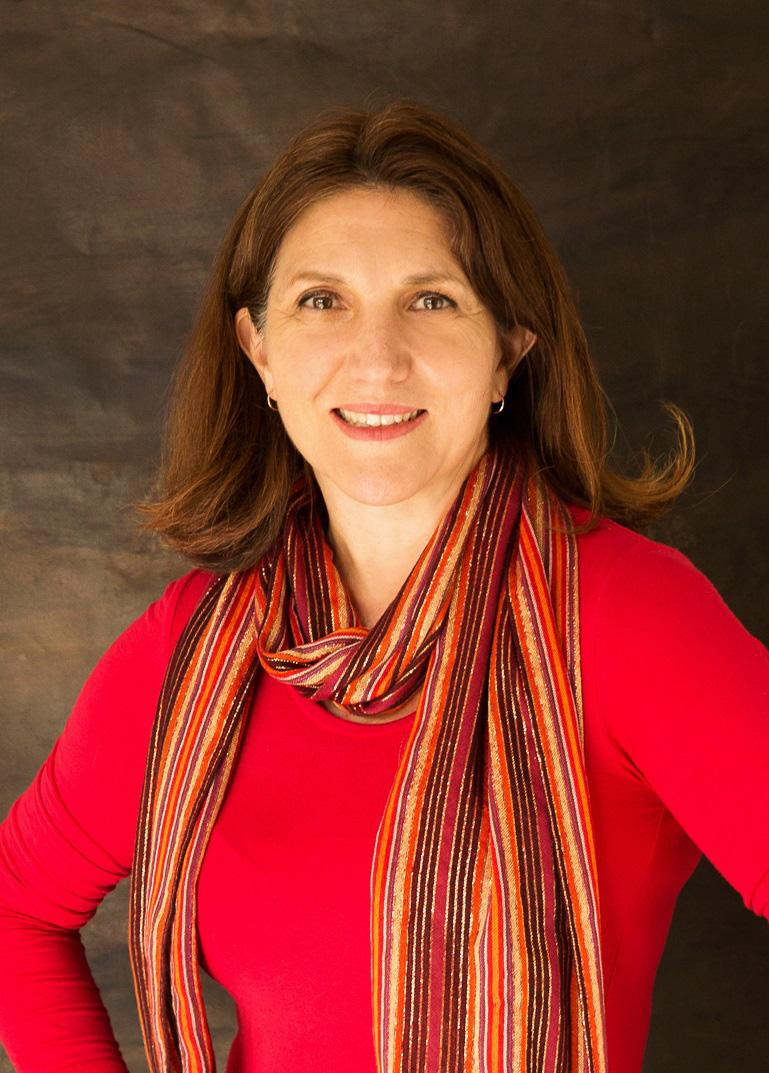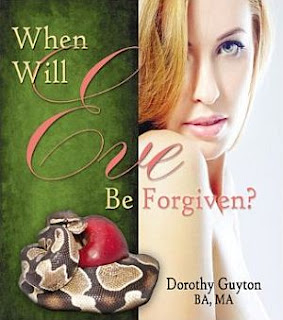WELCOME TO WEDNESDAY WITH WOMEN
Author Natalie Ritchie shares what drives her as a writer, and it is advocating for women no matter what role they choose in life. She is a strong voice reminding women as well as men women who choose to work at home as a homemaker are not inferior to women who choose a career outside of the home. Ritchie has to juggle many roles at once and writing is just one of those roles. Her work reflects the ongoing quest to define womanhood in the 21st Century by today's woman. Her interview does not shy away from the question, "What is womanhood?"
1 What
is the name of your book/genre?
My book is a
nonfiction work called Roar Like a Woman: How Feminists Think Women Suck and
Men Rock. It calls for a feminism that actually includes the woman. The
feminist revolution threw the baby out with the bathwater—it threw out the
woman with the bathwater of woman’s oppression.
2.
When
did you start your writing career?
I went straight into journalism
almost from the get-go and after a long stint in public relations in the
tourism industry, I moved into travel writing. I co-authored the Frommer’s
Australia travel guide for several years. Later, I became features editor
of Australia’s biggest parenting magazine. Today, I work full-time as a
general-purpose editor.
3. Did
you have support from family/friends/community?
Not really. But that’s because I like
it that way. Mostly, I write alone. I know what I want to say. Even nonfiction
writing, which is what I do, is an intensely personal and creative thing. To be
honest, I just want to be left alone when I write. That said, my colleagues,
most of whom are also writers of one kind or another, do have a lot of really
good advice. I think the trick is to balance when to listen to others and when
to stay true to your inner voice.
4. What
is most difficult about an author’s life?
Finding time to write is one of the
hardest things writers do, especially mothers! And then when they do make the
time, they sacrifice their rest, their hobbies, their home chores, time with
their families or friends, time spent helping others, time to exercise—and time
to read! Most writers love reading. I know a mother of five who got up every
morning at 5 a.m. to have an hour to herself to write. Of course, for many of
us, the kids are up at 5 a.m. too, so that’s not the answer for everyone!
I started writing my book in 2012 and
finished it in 2018. I was working full-time most of that time and fifty
percent co-parenting my two sons. It takes discipline to dedicate yourself to
writing every moment you can. And then there is the work of self-publishing:
proofing, hiring a cover designer and typesetter and website designer,
formatting e-book files, distributing, publicizing, doing interviews, and more.
What kept me going was the sure-fire knowledge that women matter.
5. As
a woman do you feel an obligation to write on women’s issues (in some form)?
Absolutely. Women need a voice, a
voice that feminism far too often silences, when it should be our champion!
Ever since I entered the workforce in the eighties, I have been frustrated at
feminism’s refusal to acknowledge women’s role as mothers, as home runners, as
the ones caring for elderly relatives or family members with a disability, as
driving forces in the wider community, and as a powerhouse of change in their
own right—and that’s all before we get to a career! To feminism, you would
think a woman had nothing to do but join men at the office. It pours praise on
a woman when she does the same paid work men do but ignores, denies, and often
derides a woman without a man-identical career.
Here’s the thing—a woman is a fully
human being in her own right. Without a career. Yet feminism sends a
different message—that a woman is an inferior, passive nobody who only becomes
a somebody, and her husband’s equal, when she joins him at the office.
6. Do
you create stereotypical female characters i.e., weak, need to be saved?
While there are no characters in my
nonfiction book, it does contain the voices of many real women speaking on the
miraculous joys and the grueling lows of motherhood and home-running and what
it actually means to be a woman (rather than what our very masculinist version
of feminism tells us it means). These are women with rich, exhilarating lives
outside the workplace who defy the feminist stereotype of woman as weak and in
need of rescue. Women are not weak. They are extraordinarily strong.
7. Do
you try to be politically correct or stay away from politics/controversial
current events as plots?
Because I stand up for women as
dynamic, valiant beings in their own right, with or without an
achievement-packed resume, I am one of the most politically incorrect writers
around! To say that a woman is an autonomous, authoritative, intelligent person
without a career is not just controversial today—it’s heresy.
8. What
makes a woman a success?
One thing only self-respect. A
successful woman sees the world through a woman’s eyes, and respects herself
for it. Never mind whether she has a job, or financial riches. A woman is not a
“failure” who becomes a “success” through joining men at the office or amassing
wealth or accomplishments. Women are so much more than their job, and no woman
should need to have a job to be considered a “success.” A woman already works
every day of her life. A woman is a resonant, in-command, active, capable
person, a force for good in the world, a locus of love and intelligence, all on
her own. If she works, it is because she loves working or needs the income. She
has her own perceptions and priorities that are not always the same as men’s.
She stands up for her right to do all the things men do, but she also stands up
for her right to recognition and respect for all that she does as a woman.
Natalie Ritchie
is mom to two teenage boys, a former parenting magazine features editor, and
author of Roar Like a Woman: How Feminists Think Women Suck and Men Rock.
She lives in Sydney, Australia.






A really good interview, well done.
ReplyDeleteThank you for your comment. I'm glad you enjoyed it. Become a followere of my blog to enjoy future interviews
ReplyDeleteBrilliant interview! I much enjoyed reading Ritchie's book. She's a powerful voice who tells it like it is. Many times did I nod along to her words,laugh out loud, or found myself a bit angry. That's good writing.
ReplyDelete